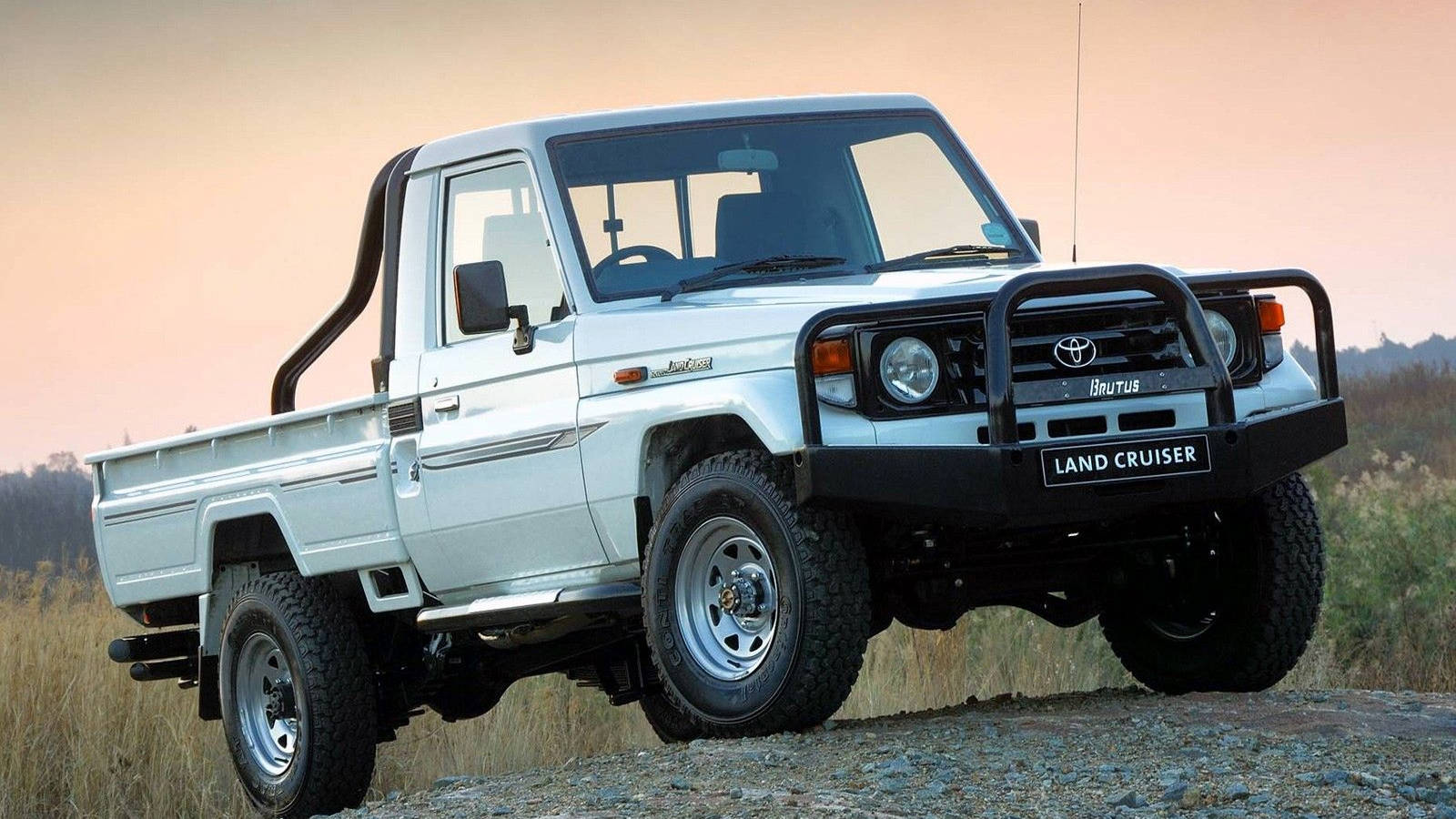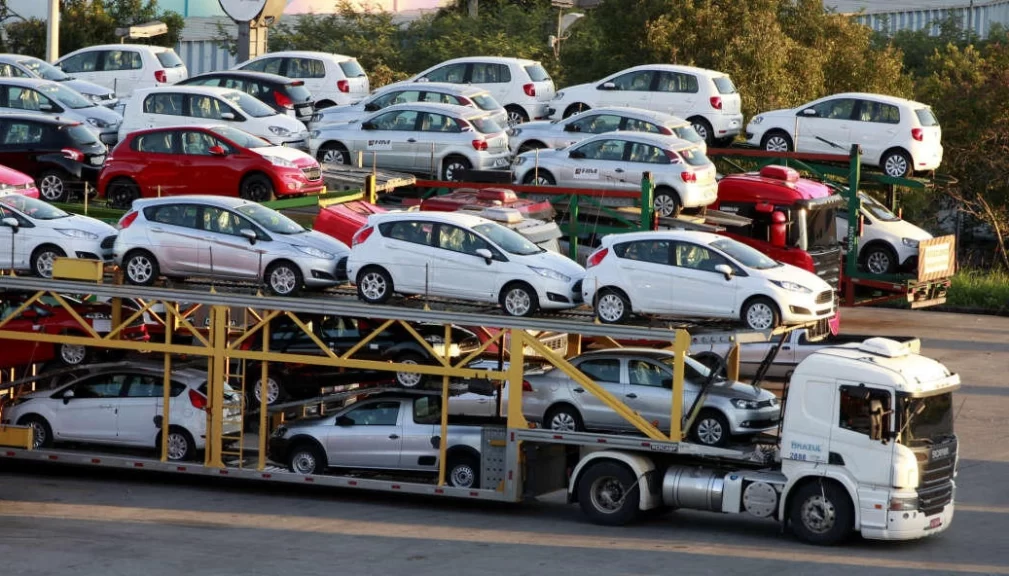Importing a car into Dubai can be rewarding, but understanding how Dubai Customs calculates its value is essential. The customs value determines how much duty and tax you’ll pay, and the process follows strict international standards to ensure fairness and transparency.

AI Quick Summary
Dubai Customs assesses imported cars to determine duty and VAT, primarily using the CIF (Cost + Insurance + Freight) transaction value method, in accordance with WTO and GCC standards. They rigorously verify declared values against market data and may use alternative valuation methods if the declared price isn’t accepted, subsequently applying a 5% customs duty and 5% VAT on the final assessed value.
This summary was generated by AI using this article’s content.
Read Next
If you’re considering bringing a car into the country, start by understanding the broader process of importing cars in the UAE — from registration to inspection and ownership transfer requirements.
What Rules Guide Dubai Customs Valuation?
Dubai Customs applies valuation rules under the World Trade Organization (WTO) Customs Valuation Agreement and the GCC Common Customs Law. This means every imported vehicle is assessed based on consistent principles that mirror global practices.
How Is the Value Calculated?
The CIF Formula: Cost + Insurance + Freight
The main valuation method is called the Transaction Value Method. This uses the actual price paid or payable for the car when sold for export to the UAE, plus additional import-related costs.
CIF includes:
- Cost: The purchase price of the vehicle
- Insurance: The cost of insuring the car during shipping
- Freight: The transportation cost from the seller’s country to the UAE port
Together, these create the CIF value, the foundation for calculating customs duty and VAT. For a step-by-step breakdown of logistics, shipping, and clearance costs, see our full guide on how to import a car to the UAE.
When Will Dubai Customs Accept the Declared Value?
To accept your invoice price as the customs value, Dubai Customs checks four main conditions:
- No restrictions on how you can use or resell the car.
- The sale price isn’t conditional on unknown factors.
- The seller doesn’t gain from the later resale of the car.
- The buyer and seller are not related, or the relationship didn’t influence the price.
If all these conditions are met, your declared value is likely to be accepted.
What If the Buyer and Seller Are Related?
If the importer and seller are connected, such as family members or linked businesses, customs applies extra scrutiny. You must show that the price is in line with normal market values for similar cars. This is based on Article 15 of the Customs Valuation Agreement, which defines relationships like ownership, partnership, or managerial control.
How Does Dubai Customs Verify the Declared Value?

To stop undervaluation, Dubai Customs uses advanced verification tools:
- Reference Value Database: Holds benchmark prices for thousands of vehicles.
- Invoice Checks: Customs can question or verify invoices if the values appear too low.
- Market Comparison: Values are cross-checked against global listings and recent imports.
- Currency Conversion: Exchange rates are fixed to the rate on the day before declaration submission.
If the declared value doesn’t match market data, customs may adjust it upward to a fair market level.
What Happens If the Invoice Value Isn’t Accepted?
When the declared value cannot be verified, customs moves to alternative valuation methods in order:
- Identical Vehicles: Based on the same make, model, and origin.
- Similar Vehicles: Based on comparable cars with similar specs.
- Deductive Method: Based on the resale price in the UAE market.
- Computed Method: Based on production cost plus profit.
- Fall-Back Method: A reasonable estimate under WTO principles.
Each method is applied sequentially — customs cannot skip ahead.
How Are Duty and VAT Calculated?
Once the customs value is final, Dubai Customs applies:
- 5% Customs Duty on the CIF value
- 5% VAT on the CIF value plus the customs duty
Example:
If the CIF value = AED 100,000
- Duty: 5% = AED 5,000
- VAT: 5% of AED 105,000 = AED 5,250
- Total taxes: AED 10,250
What Documents Are Required?
You must provide:
- Original commercial invoice
- Bill of lading or air waybill
- Certificate of origin
- Insurance proof
- Export certificate from the country of origin
- Proof of ownership (title or registration)
- Passport and Emirates ID (for individuals)
These documents confirm the accuracy of your declared CIF value.
How Are Used Cars Valued?

For used vehicles, Dubai Customs refers to previously accepted values of identical or similar cars and adjusts for:
- Model year
- Condition
- Mileage
- Market depreciation
This ensures older or high-mileage cars are valued fairly against current market data.
Digital Processing and Modern Systems
All declarations now go through Mirsal 2, Dubai Customs’ electronic clearance system. It automatically calculates duties using your declared CIF value and the 12-digit HS code. Customs also uses Al Munasiq, an AI tool that predicts HS codes and checks if a vehicle is restricted or duty-exempt.
Post-Clearance Audits and Voluntary Disclosure
Customs may conduct post-clearance audits to confirm declared values even after your car is released. If discrepancies are found, you may owe extra duties or face fines. However, importers can make a voluntary disclosure if they find an error before an audit begins, helping avoid penalties.
Once your vehicle clears customs, you might plan to sell it locally. Learn about ownership transfer and resale procedures in our guide to selling imported cars in the UAE.
Special Rules for Imported Cars
- VIN Checks: All vehicles are screened through INTERPOL databases to block stolen cars.
- Age Limit: Most imports must be under 10 years old (except classic cars over 30 years).
- GCC Compliance: Cars must meet regional safety and emission standards.
- Physical Inspection: Every imported vehicle is inspected to verify condition and specifications.
Penalties for Undervaluation
Declaring a lower price to avoid duty is a serious offence. Dubai Customs can verify true market value through online listings, databases, and past imports. Penalties can include fines, confiscation, and criminal charges for tax evasion.
Key Takeaways
- Dubai Customs values imported cars mainly by CIF (Cost + Insurance + Freight).
- Customs duty = 5%, VAT = 5% of (CIF + duty).
- Used cars are valued using reference databases and market comparisons.
- All processes are now digital through Mirsal 2 and Al Munasiq.
- Undervaluation risks penalties — transparency and full documentation are vital.
Find the best used cars for sale in the UAE.
Stay tuned to UAE’s most popular auto blog for more information about the latest happenings in all of the Emirates.
FAQs
How does Dubai Customs calculate car import duty?
Dubai Customs charges 5% duty on the car’s CIF value (Cost + Insurance + Freight). VAT of 5% is then applied on the total amount including duty.
What documents are needed for car valuation in Dubai?
You need a commercial invoice, bill of lading, certificate of origin, insurance proof, export certificate, and ID documents to verify the declared CIF value.
Can Dubai Customs reject my declared car value?
Yes. If your declared value seems too low compared to market rates or identical vehicle data, customs can adjust it upward after verification.
How are used cars valued by Dubai Customs?
Used cars are valued using reference prices of similar imports, adjusted for age, mileage, and condition based on Dubai Customs’ internal valuation mechanism.
What happens if I undervalue my imported car?
Undervaluation is treated as tax evasion. Customs can impose fines, confiscate the vehicle, and reassess duties using verified market data.
Importing a car into Dubai can be rewarding, but understanding how Dubai Customs calculates its value is essential. The customs value determines how much duty and tax you’ll pay, and the process follows strict international standards to ensure fairness and





